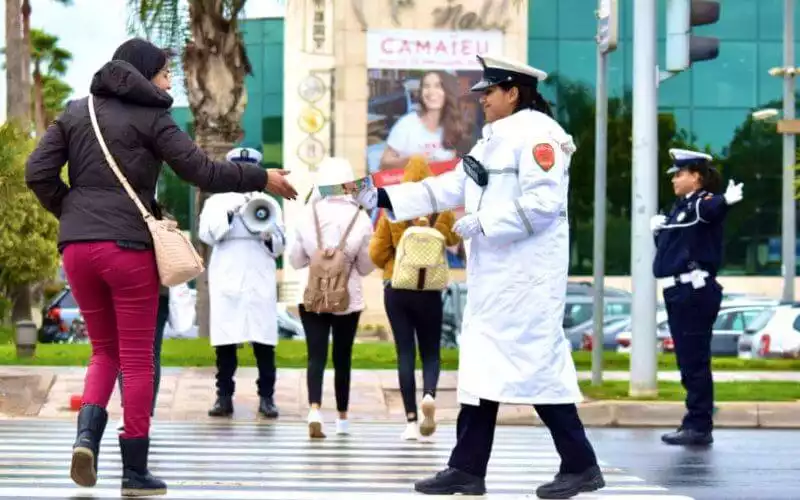Moroccan Survey Shows High Trust in State, Low Trust in Fellow Citizens

The third edition of the national survey on social ties (civil pole), carried out by the Royal Institute for Strategic Studies (IRES) between December 2022 and February 2023 with around 6,000 people, provides a precise overview of the state of mind of Moroccans.
The study reveals a high level of trust in "sovereign institutions" (6.7/10) and educational institutions (7.2/10). However, trust in representative institutions remains low, despite a slight increase since 2011.
Regarding social ties, 84.7% of Moroccans feel safe, a figure that is increasing. However, interpersonal trust remains limited: 80% believe that "people are not trustworthy", compared to 20% who think that "it is possible to trust most people" (5% in 2011).
The virtual space is perceived as a threat to social cohesion by 71% of respondents, and 85% believe that social networks contribute to the spread of misinformation.
On the economic level, 37% of Moroccans say they are confident in the medium-term outlook, 45% remain neutral and 18% are pessimistic. 84% fear that the current global crises will have a negative impact on their future.
Moroccan identity is mainly defined by attachment to territorial unity, belonging to Islam, knowledge of history and the practice of Arabic and Amazigh languages (the latter gaining importance with 6/10).
In terms of language, 50.8% of Moroccans use multiple languages, and 49.2% use only one. Arabic remains the preferred language of instruction (73.5%, down), compared to 5% for Amazigh.
The main obstacles to living together, according to Moroccans, are poverty, social injustice, corruption and opportunism. Harshness and religious extremism are less cited.
Related Articles
-

Moroccan Workers Protest Unpaid Millions at Saudi Prince’s Palace in Tangier
3 September 2025
-

Ryanair Slashes Spanish Routes, Shifts Focus to Morocco and Italy Amid Airport Tax Hike
3 September 2025
-

Morocco Bolsters Air Force with 10 Cutting-Edge Caracal Helicopters from Airbus
3 September 2025
-

Marrakech Rattled: 4.5 Magnitude Aftershock Strikes as Reconstruction Efforts Forge Ahead
3 September 2025
-

Morocco’s High-Speed Rail Revolution: Casablanca Undergoes Massive Transformation for TGV Expansion
3 September 2025